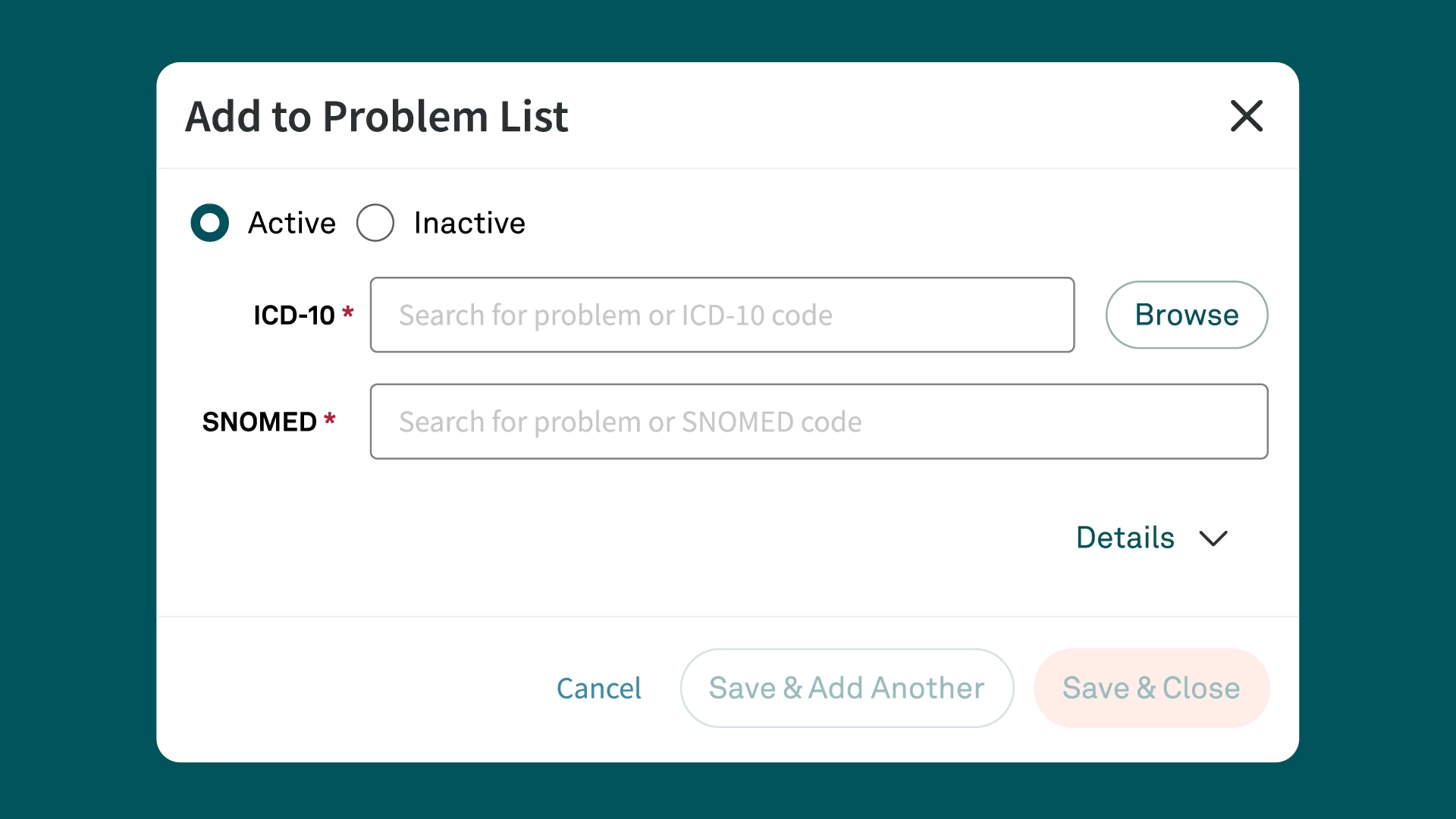ICD-10 Code E78.5
Hyperlipidemia, unspecified
What is the code E78.5?
E78.5 is a billable/specific ICD-10-CM code used for "hyperlipidemia, unspecified." This code falls under the chapter of endocrine, nutritional, and metabolic diseases, more specifically within the category E78, Disorders of lipoprotein metabolism and other lipidemias. It is used in clinical settings for documentation and billing purposes, identifying patients who have high levels of lipids in their blood without specifying the type.
Detailed description of E78.5
E78.5 covers cases where patients exhibit elevated levels of lipids, which are not attributed to any specific type of hyperlipidemia. This general classification is often used when the detailed lipid profile is unavailable or when specific lipid abnormalities are not diagnosed.
Symptoms commonly associated with E78.5
Hyperlipidemia itself is typically asymptomatic and is usually detected through lipid profile blood tests. However, the long-term effects of untreated hyperlipidemia can include:
- Increased risk of coronary artery disease
- Possible development of xanthomas (fatty growths under the skin)
- Pancreatitis in severe cases of hypertriglyceridemia
Related and similar ICD-10-CM codes
- E78.0 (Pure hypercholesterolemia)
- E78.1 (Pure hyperglyceridemia)
- E78.2 (Mixed hyperlipidemia)
These codes specify different types of lipid disorders, allowing for more precise diagnosis and management.
Appropriate usage of E78.5 for billing
E78.5 should be used for billing purposes when a patient presents with elevated lipid levels that have not been further specified into one of the more detailed categories of lipid disorders. Documentation should clearly indicate the diagnosis based on the provider's notation in the assessment portion of the note.
Instructional guidelines for physicians/providers coding E78.5
Providers may use the terms hyperlipidemia and hypercholesterolemia interchangeably. However, when both terms are documented in the medical record, only assign the code for hypercholesterolemia (E78.0) and not code E78.5. This is because hypercholesterolemia is a more specific type of lipid disorder.
Accurate documentation in the assessment portion of the note is essential when using the E78.5 code. If needed, it may be clinically beneficial to perform additional testing to potentially specify the type of hyperlipidemia later.
Common pitfalls in coding with E78.5
- Using E78.5 when more detailed information is available that would allow for coding a more specific type of hyperlipidemia.
- Failing to update the diagnosis if subsequent tests reveal a specific type of lipid disorder and the provider documents it in the assessment portion of a note.
Key resources for E78.5 coding
- CMS ICD-10 Homepage: Provides official coding guidelines and updates.
- WHO ICD-10 Online Browser: Offers a resource for verifying the specifics of ICD-10-CM codes.
Conclusion
E78.5 is used to identify cases of unspecified hyperlipidemia. Proper application of this code facilitates the monitoring of patients' lipid levels, guiding further diagnostic assessments and interventions to manage and reduce the risk of associated complications effectively.
Simplify ICD-10 code documentation with Tebra
Tebra’s EHR+ gives you quick searches and Systematized Nomenclature of Medicine (SNOMED) field names for efficient code documentation. Plus, Tebra automatically saves ICD-10 to SNOMED mapping for future searches, streamlining your workflow.

Discover how Tebra helps providers effortlessly document health-related issues and conditions in this detailed post.
Download your free resource now
Access it instantly — just complete the form

Stay Ahead with Expert Healthcare & Billing Insights
Get the latest industry updates, financial tips, and expert strategies — delivered straight to your inbox.


